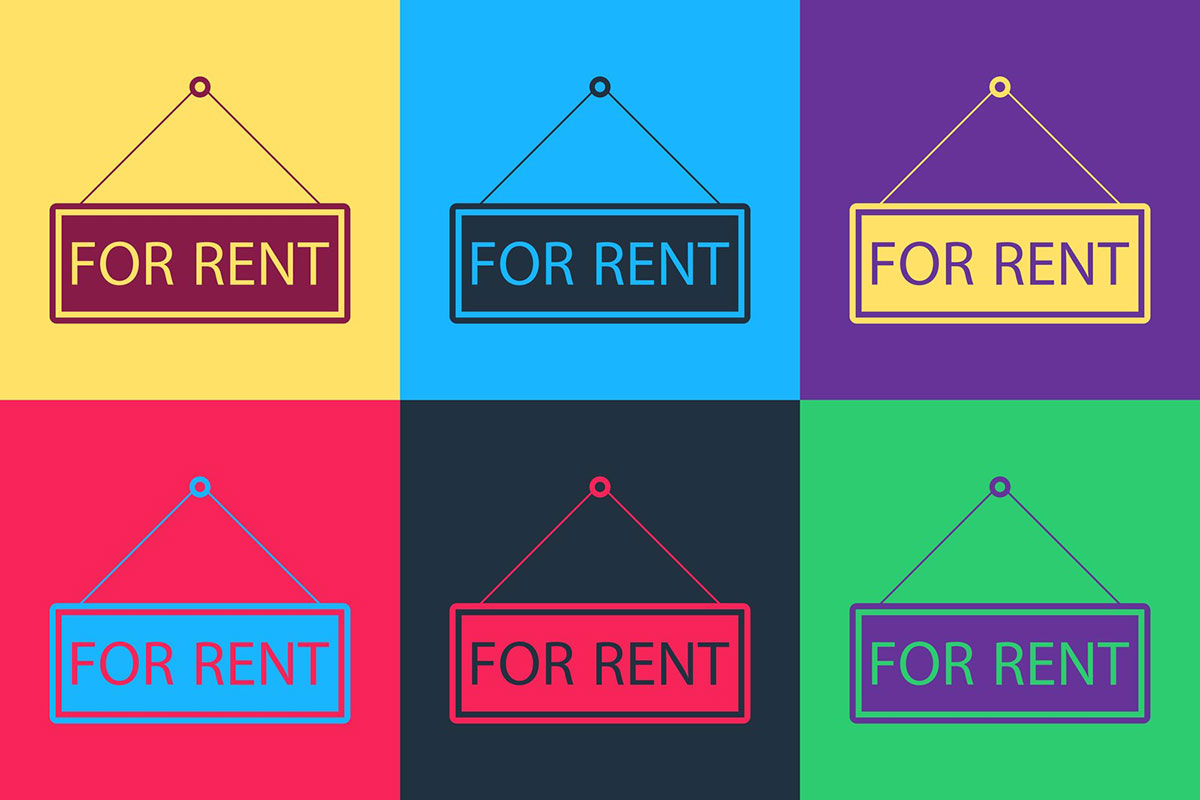Table of contents
I finally landed my dream job. I’m in a place where I’m no longer living paycheck to paycheck, I’m able to afford to pay down my credit card debt incrementally, and even put a little bit away for savings.
I’m planning on moving in the next few years and I’m trying to decipher how much I can afford to spend on rent. When I’m figuring out how to calculate rent, I need to make sure I consider all areas of daily living.
That means transportation, cost of living, and the local economy.
I’m very excited and ready to begin my search for a new home. How do I calculate calendar months rent? Here’s my guide on how to calculate how much rent you can afford.

© Can Stock Photo / Mingirov
How to Calculate Rent
When I’m trying to calculate how much I can afford for rent, I’ll need to multiply my gross monthly income by a percentage that I believe I’ll be able to spend on rent.
I can deduct rent from my income, subtract my debt expenses and savings to get an idea of how much I will have leftover every month. The standard percentage of what I should budget for rent is around 30%.”
Since I now have a central income that keeps me from living paycheck to paycheck, I’ll be able to spend about 30% of my income on rent, still be able to afford to save money, and work with the debt I have to raise my credit score.
I’m looking at big cities like Los Angeles and New York City. These cities are known to have a higher cost of living. Housing is notoriously competitive in big cities. A good rule of thumb is to make sure my daily living necessities are weighing in at about 50% of what I take home every month.
I’m currently taking home $4500 per month.
That means I’ll be looking at spending around $1350-$1400 per month on rent, and that will leave me with about $2250 for all of my other expenses.
Crunching numbers is the beginning of setting up a budget-friendly rent scope. I will have hard data to enter and the ability to use foresight to prepare for my big move.
Cost of Living
Budgeting for the unexpected is the most practical and safe bet when it comes to responsible sustenance.
It’s the most honest form of adulthood, and sometimes it doesn’t feel great. No one wants to consider a situation where the money is so tight that living well it’s not a viable option. Budgeting for the unexpected is tough, but it breeds resilience, and that’s where I’m heading with my monthly calculations.
In 2019, the average amount spent on rent in Manhattan was $3,475.
A quick internet search told me that the Bronx weighed in at the cheapest neighborhood to live in in 2019.
When you’re considering the cost of living, you’re not only looking at housing costs, you’re taking into consideration what local transportation might be especially if you don’t have your own motive transportation.
Be Prepared
Planning for the future is both exhilarating and challenging.
Conversations with myself about how much rent I can afford and how to calculate run our butter had now than later.
When trying to decide how to calculate rent, I learned so much about what my monthly expenses really look like, and how my income can enhance or deter my success.
A calculated move begins with knowing the resources that can make all the difference.
